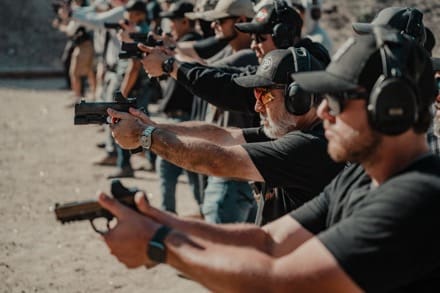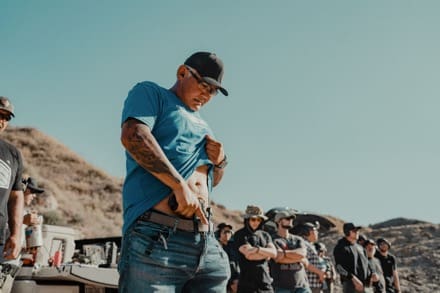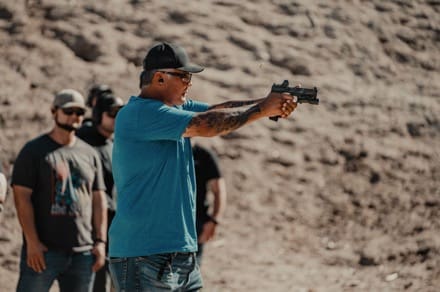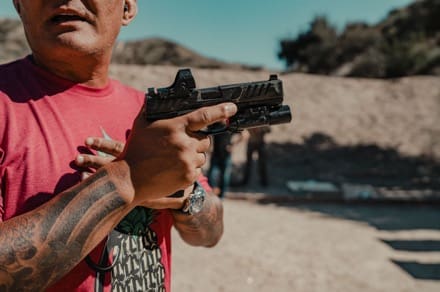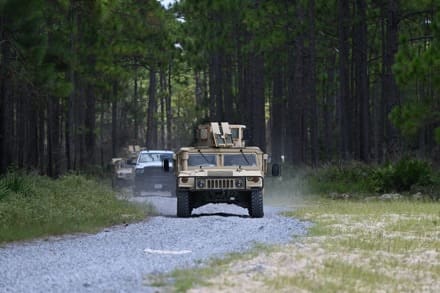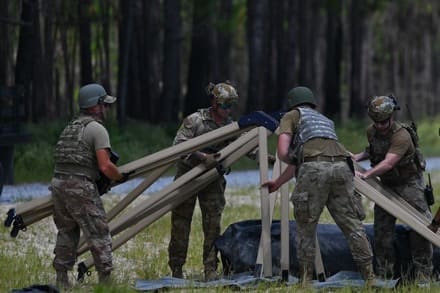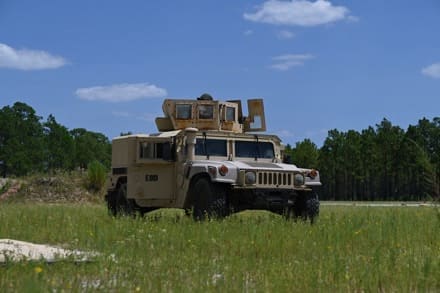CTOMS™, in partnership with Fujita Medical Instruments™, has launched a Japanese version of CTOMS™ Academy’s TCCC/TECC e-training. The course is now available to Japanese service members through Fujita™.

Tactical Trauma Care Essential™ (TTCE) will provide Japanese service organizations with an expedient and consistent means of adopting combat proven casualty response training. With video demonstrations, lab footage, animations (3D), and expert instruction the course material is both engaging and in-depth. The content of the course is complete and will prepare students for effective casualty response in tactical environments. TTCE is ideal for facilitating and being used concurrently with hands-on training.
To create the Japanese version, CTOMS™ first translated the material then used AI to create avatars that would read the Japanese scripts. After some experimentation, creating a natural looking and sounding instructor was straight forward. With this complete, the onscreen text was translated and reedited into the videos. The entire course, over 5 hours of video content, was then reviewed and approved for accuracy by Fujita™.
The entire project has been very exciting for CTOMS™, who has now demonstrated the capability to convert its training programs into most languages.
For more information on our online or in-person training, contact training@ctomsinc.com
For information on accessing the TTCE course in Japanese, contact info@fujitaika.co.jp or visit e-learning.fujitaika.jp/ctoms




